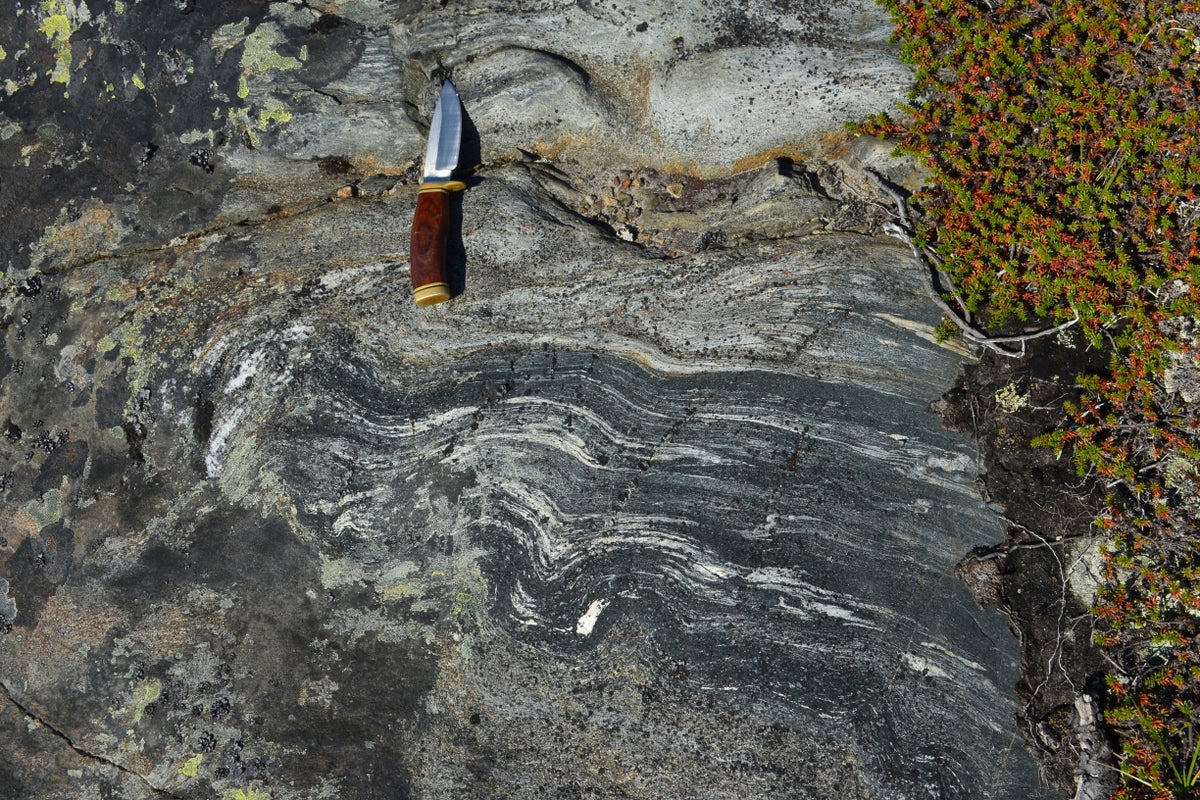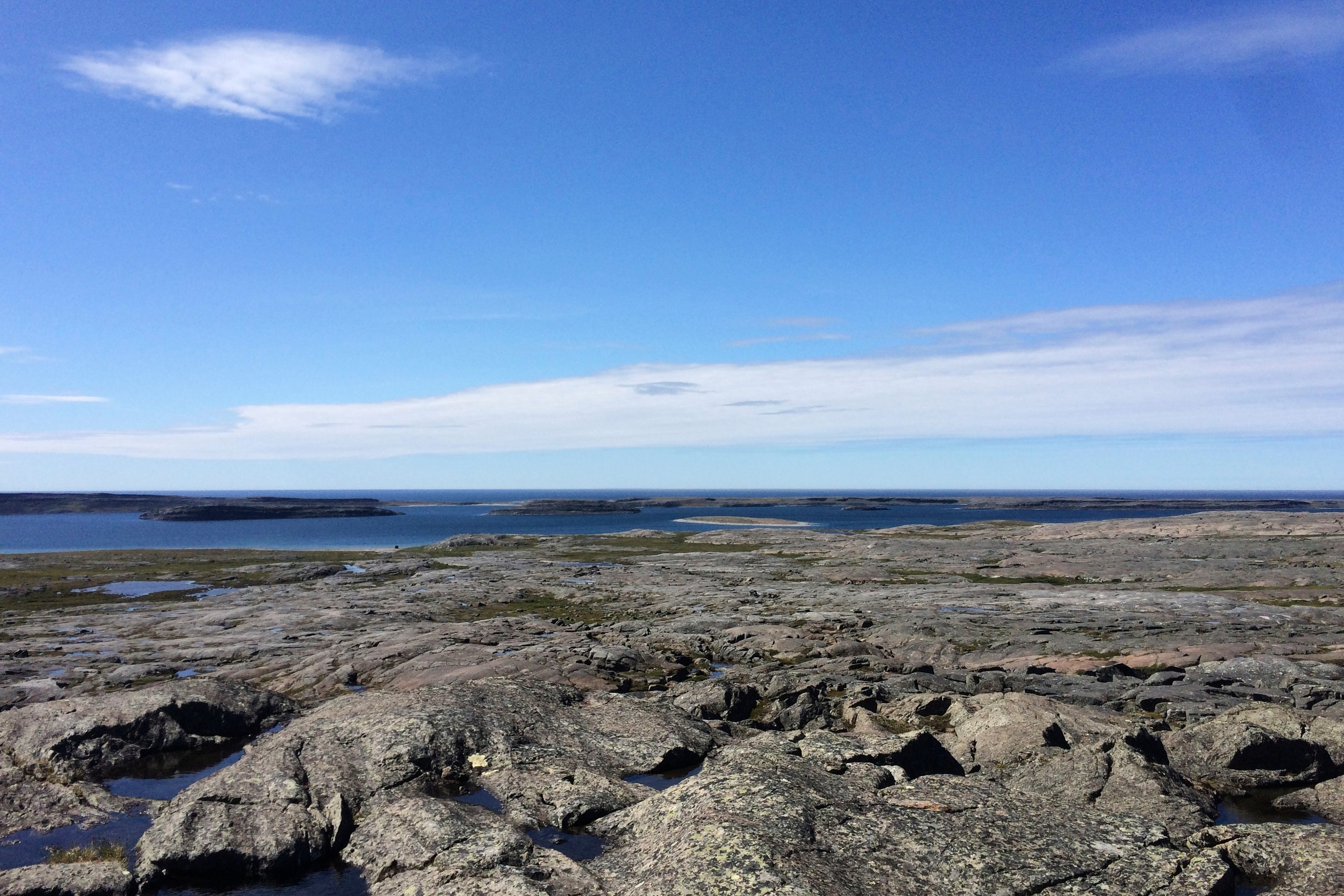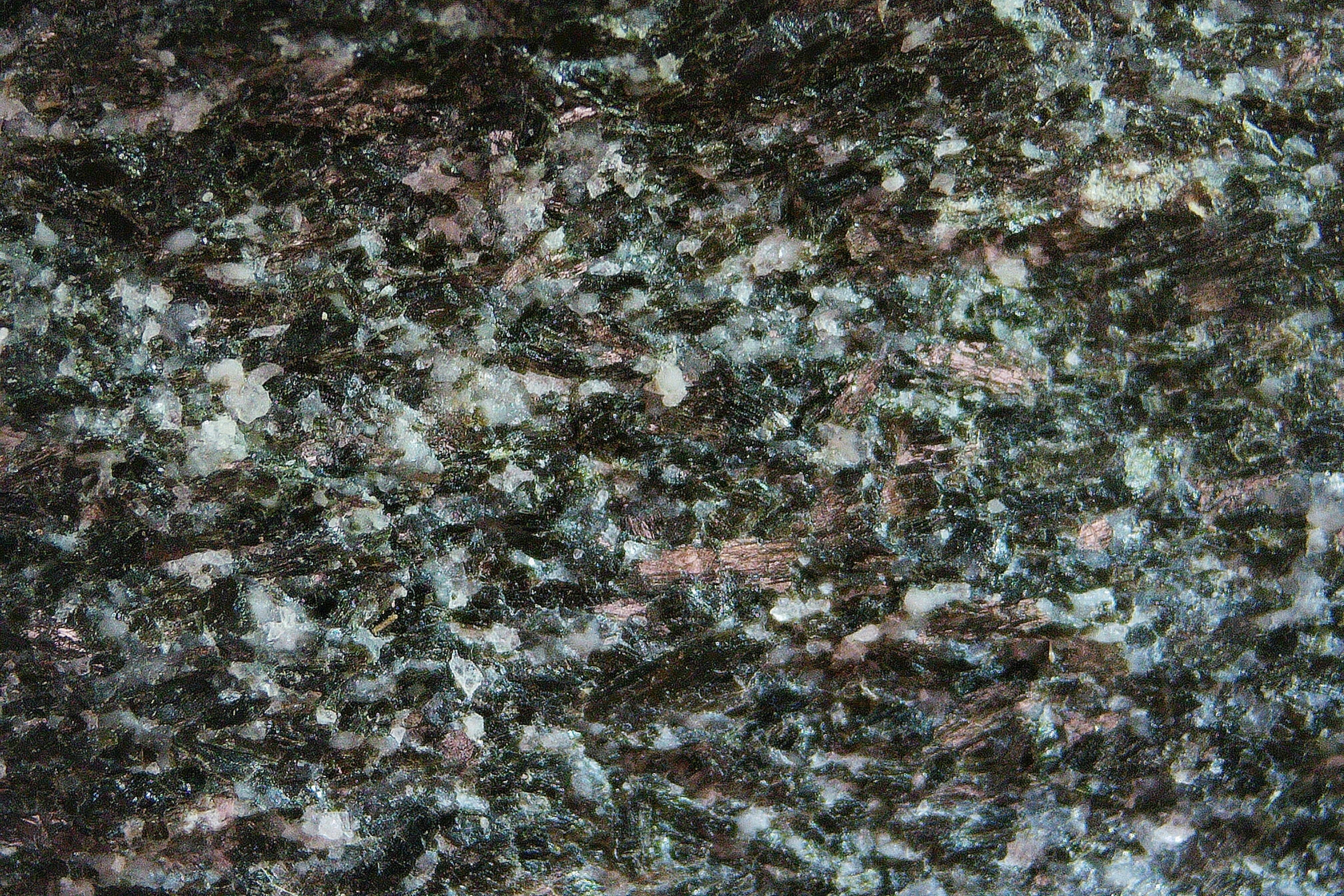
A new study has pinpointed what could be the oldest rocks on Earth, found within a remote Canadian rock formation, offering fresh insights into our planet's earliest history.
The Nuvvuagittuq Greenstone Belt, located on the eastern shore of Hudson Bay in Quebec, has long been recognised for its ancient geological formations. However, the precise age of these streaked grey stones has been a subject of scientific contention for decades. Research from two decades ago suggested the rocks could be as old as 4.3 billion years, placing them firmly in Earth's infancy. Yet, other scientists challenged this, arguing that long-ago contaminants had skewed the dating methods, proposing a younger age of 3.8 billion years.
In a bid to resolve this long-standing debate, researchers in the latest study sampled a distinct section of rock from the belt. Employing both of the previously used dating techniques – which measure the decay of radioactive elements over time – they arrived at a refined age. Their findings indicate the rocks are approximately 4.16 billion years old, a figure that bridges the gap between earlier estimates and provides a more precise timeline for these ancient geological wonders.
This discovery not only refines our understanding of the Nuvvuagittuq Greenstone Belt's immense age but also contributes significantly to the broader scientific effort to map the earliest chapters of Earth's formation.

The different methods "gave exactly the same age,” said study author Jonathan O'Neil with the University of Ottawa.
The new research was published Thursday in the journal Science.
Earth formed about 4.5 billion years ago from a collapsing cloud of dust and gas soon after the solar system existed. Primordial rocks often get melted and recycled by Earth's moving tectonic plates, making them extremely rare on the surface today. Scientists have uncovered 4 billion-year-old rocks from another formation in Canada called the Acasta Gneiss Complex, but the Nuvvuagittuq rocks could be even older.
Studying rocks from Earth's earliest history could give a glimpse into how the planet may have looked — how its roiling magma oceans gave way to tectonic plates — and even how life got started.

“To have a sample of what was going on on Earth way back then is really valuable,” said Mark Reagan with the University of Iowa, who studies volcanic rocks and lava and was not involved with the new study.
The rock formation is on tribal Inukjuak lands and the local Inuit community has temporarily restricted scientists from taking samples from the site due to damage from previous visits.
After some geologists visited the site, large chunks of rock were missing and the community noticed pieces for sale online, said Tommy Palliser, who manages the land with the Pituvik Landholding Corp. The Inuit community wants to work with scientists to set up a provincial park that would protect the land while allowing researchers to study it.
“There's a lot of interest for these rocks, which we understand,” said Palliser, a member of the community. “We just don't want any more damage.”







